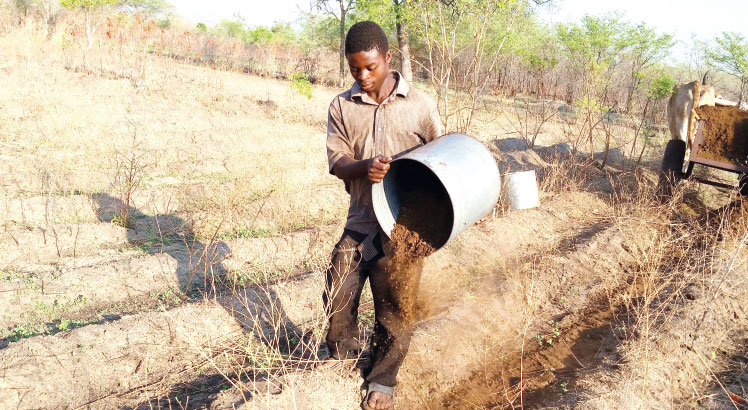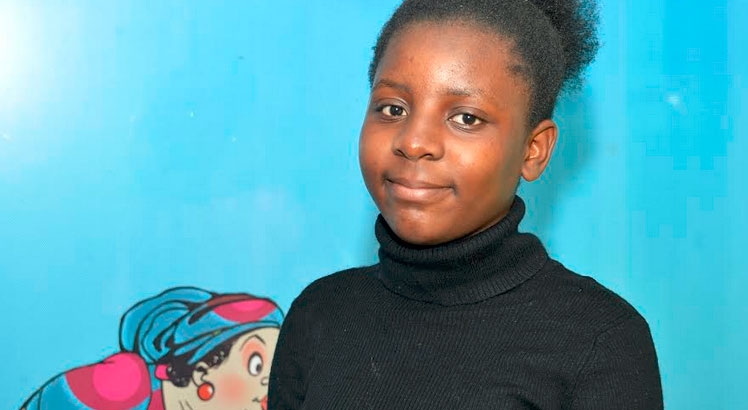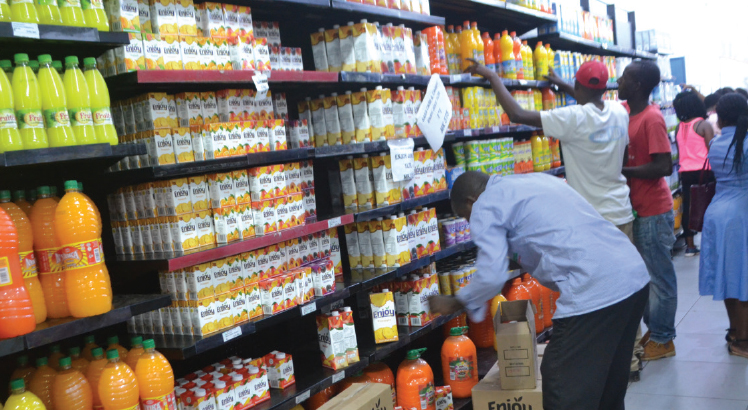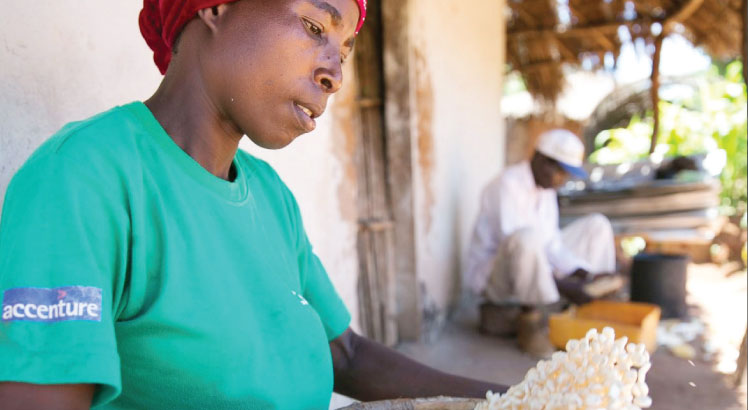MW’s poetry off creative lane

The beginning in art is always good and promising, but once self-acclaimed artists detect gold in it and attempt to prove they have the potential, the amateurism swallows it all.
Think of how urban music started and where it is now. Then consider the quality of poetry on the market two decades ago, against what fills newspaper pages and poetry programmes on local radios today.
Indubitably, Malawi is flying backwards in creativity.
Unless you were not one of the patrons at the recent Land of Poets festival held at the Blantyre Cultural Centre (BCC) recently, the thinking might be different.
Except for few renowned poets such as Jack Mapanje and Alfred Msadala among others, the majority disappointed patrons with unbaked staff delivered in a monotonous style.
US’s Samuel Coleridge said it well, “Prose is words in their best order, poetry is the best words in their best order.”
Another US author Marilyn Singer said, “The best poetry is the best words in their best order,”
If the Land of Poets Festival performance is anything to judge Malawian poetry by, our poets should be introduced to these quotes.
Possibly, they can graduate from reading word by word the long stanzas in the so called poetry as that recited at the festival.
The content itself, comprising tired jokes and rambling brainteasers, is not breathtaking.
Where did creativity go?
Listening to today’s poetry, the foundation of Malawi’s poetry comes to mind. The tone that was set 20 years ago is what engulfs almost every piece of poetry being produced.
Who said the tones set by Gospel Kazako and Okomaatani Malunga through their Thambo Lagwa and Ndidzakutengera Kunyanja Ligineti, respectively, were the best and the only ones to define Malawi’s poetry?
Q. Malewezi, whose fame in poetry has risen with positive reputation because of his uniqueness, says he did it because he asked himself several questions before settling in the career.
Malewezi says many people just flock into poetry and feel good if they imitate someone’s work effectively.
This, he says, is what is killing Malawi’s poetry.
“If you want to be relevant, you need to come up with unique styles that will force people to listen and think about your work. I just thought that with a different identity and personality, I can write my own name in the poetry of Malawi and I am happy that I made it,” he said.
Malewezisaid imitators have denied Malawians a new touch of poetry.
“If you listen to many poems, you will appreciate that the recitals are stepping in the same dots as done by first successful poets such as Malunga. We are killing poetry. I have met Malunga several times and he is also worried that some poets are clinging to his style,” says Malewezi.
Poetry Association of Malawi (PAM) publicity secretary Sylvester Kalizang’oma concurs with Malewezi saying laziness and copy-cats have dented the image of the then promising future of poetry.
“The background was very promising because the first poets were taking the career seriously. Nowadays most poets just gather words and listen to how others recite their poems; the next step, they are on the stage. This is killing poetry,” he said.
Kalizang’oma believes poor quality of poetry being sold on the market is also a catalyst for poor sales of poetry.
“There is a big market for poetry, but because some poets have created an impression that most of the work being produced is of poor standards, people prefer buying music,” said Kalizang’oma, adding that vendors and distributors are also killing the poetry market buy not dealing in poetry albums.
But not all is lost, according to Kalizang’oma who believes that Malawi’s poetry has the future.
He says the influx of new talent indicates that poetry is growing.
Malewezi also see a bright future, but says only after artists consider creativity as the starting point in their work.
“We are not too far from it, we just need to be serious and improve on our work so that we create our space on the market and compete with musicians in sales,” says Malewezi.





